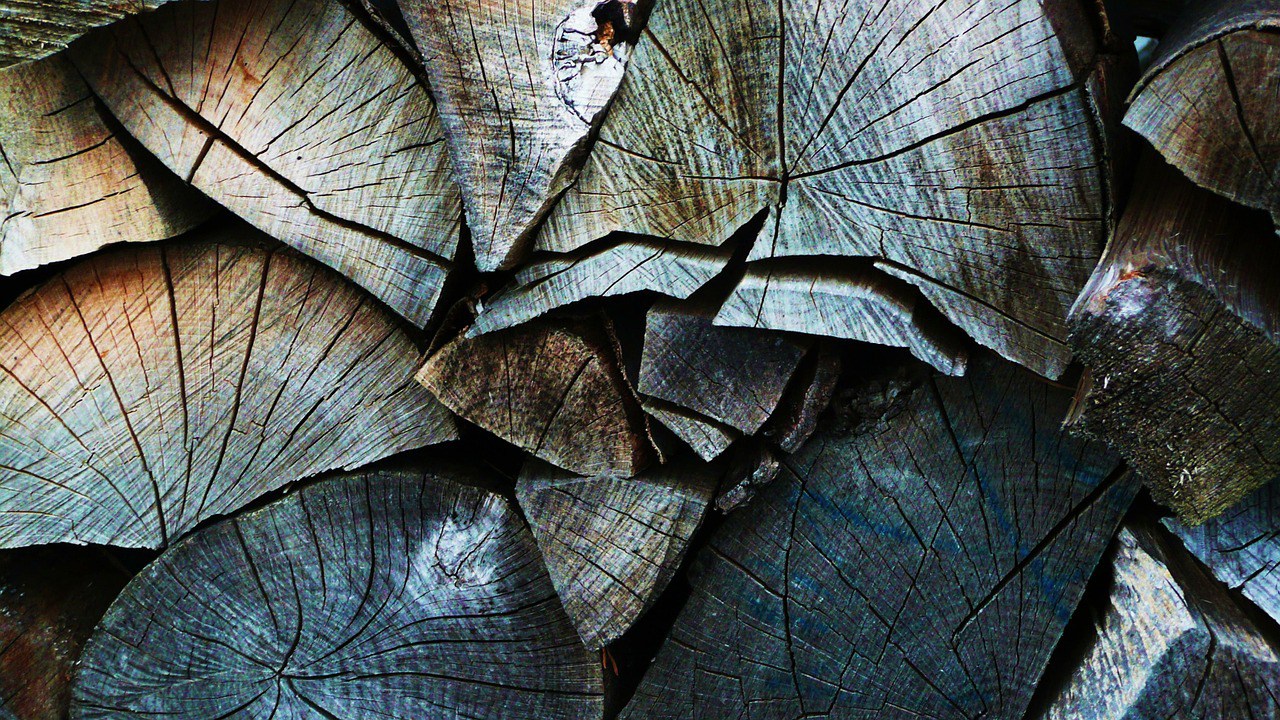Plantations International News

Wood energy is vital for many areas in Sub-Saharan Africa as a way to cook types of food, clean water, and create as well as offer charcoal as a resource of revenue. On the other hand, the utilization of wood power is accountable for 50 % of woodland degradation as well as 10-20 % of woodland destruction in the region.For advancement
practitioners operating in Sub-Saharan Africa, the dispute between the have to utilize the source as well as the need to shield the wellness of the ecological communities is obvious.One concern
may weigh heavy on their minds, in certain: exists a way to change the wood energy industry in a sustainable means to halt deforestation and land deterioration? Can communities in Sub-Saharan Africa have their trees and burn them too?At the Worldwide Landscapes Online forum, held in Paris in December together with the UNFCCC COP 21 climate talks, a panel of professionals reviewed cutting-edge plans to use lasting timber energy as option for restoration.
When talking about the usage of timber energy– or fuelwood and charcoal– rural and also urban viewpoints along the whole supply chain should be taken into factor to consider. Why? Due to the fact that, according to Mary Njenga, a Post-Doctoral Fellow with the Globe Agroforestry Facility (ICRAF), “the way we transform wood right into charcoal concerns.”
Baseding on Christina Seeberg-Elverfeldt, Plan Expert, with the German Federal Ministry for Economic Collaboration and Growth (BMZ), 50 % of forest deterioration as well as deforestation is a result of timber being extracted as a power source in Sub-Sahara Africa. For ecological communities, it is a damaging development that should be challenged. For neighborhoods, it is a necessary component of everyday life.Fortunately, there are
choices. Practical instances from Madagascar as well as Kenya were reviewed by the panel as possibilities to provide neighborhoods with the timber energy they need without additional degrading forests.In the northern areas of Madagascar, a certain technique based upon individual appropriation of wood-energy afforestation plots to regional houses on abject land in order to deal with more deterioration in neighboring forested locations. In Kenya, an agroforestry job to expand trees on-farm is adding to sustainable energy wood supply for cooking, easing stress on woodland resources.In both settings, wood energy consumption has been transformed into an opportunity to recover landscapes while also supporting work production and also slowing down deforestation.The trick to success seems to be a cross-sectorial method along the entire value chain.
Njenga, talking from her years of sensible encounter, noted the complying with actions to change present unsustainable energy wood techniques: Lasting management of wood production Reliable wood to charcoal conversion technologies Efficient transportation Improving marketing as well as partnership development Effective intake modern technologies For instance: planting trees on abject land could restore landscapes while offering wood for charcoal manufacturing as well as consequently halting illegal logging and also increasing logging. As well as fuel-efficient stoves use approximately 40 % less gas while producing 20 % of charcoal as well as lowering emission, along with calling for much less biomass.But can the wood power industry be transformed by a cookstove? Definitely, as one part of the multi-faceted option. There is a bunch of prospective to produce a sustainable as well as reliable fuel wood supply chain– yet enabling such a makeover does not just include farmers. It additionally calls for participation from capitalists, governmental legislation enforcement and laws, ingenious plan options, as well as surveillance and also assessment frameworks.Ensuring long-term food security and also residential energy in Sub-Saharan Africa needs,” environmental safeguards for manufacturing landscapes,”as Mark van der Wal, Elder Ecologist with the International Union for the Preservation of Nature(IUCN)summarized.We could not shed our wood as well as maintain it too.
We need to deal with communities and transform our resources of timber energy with each other if we are to relieve pressure on forests in a lasting means, for a lasting future and from a holistic perspective. Plantations International
